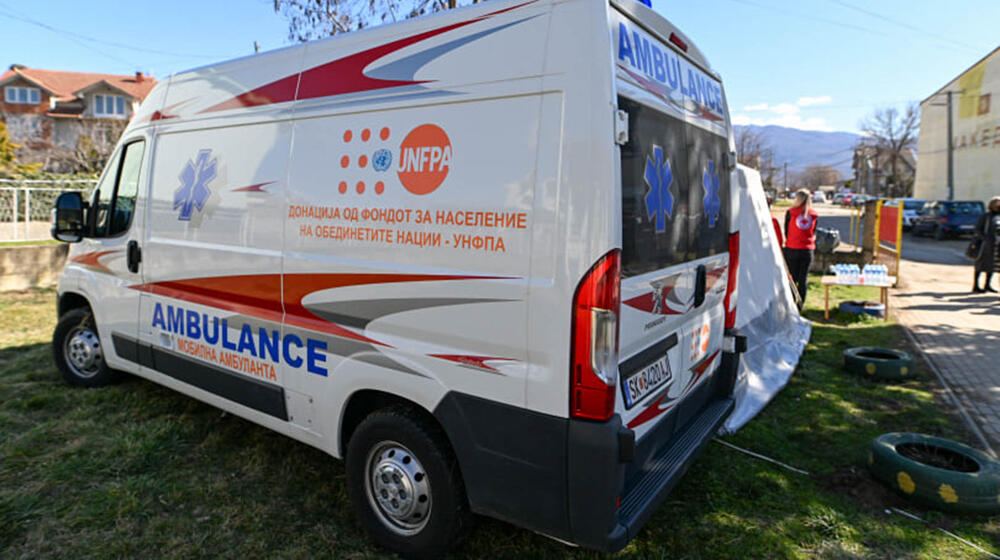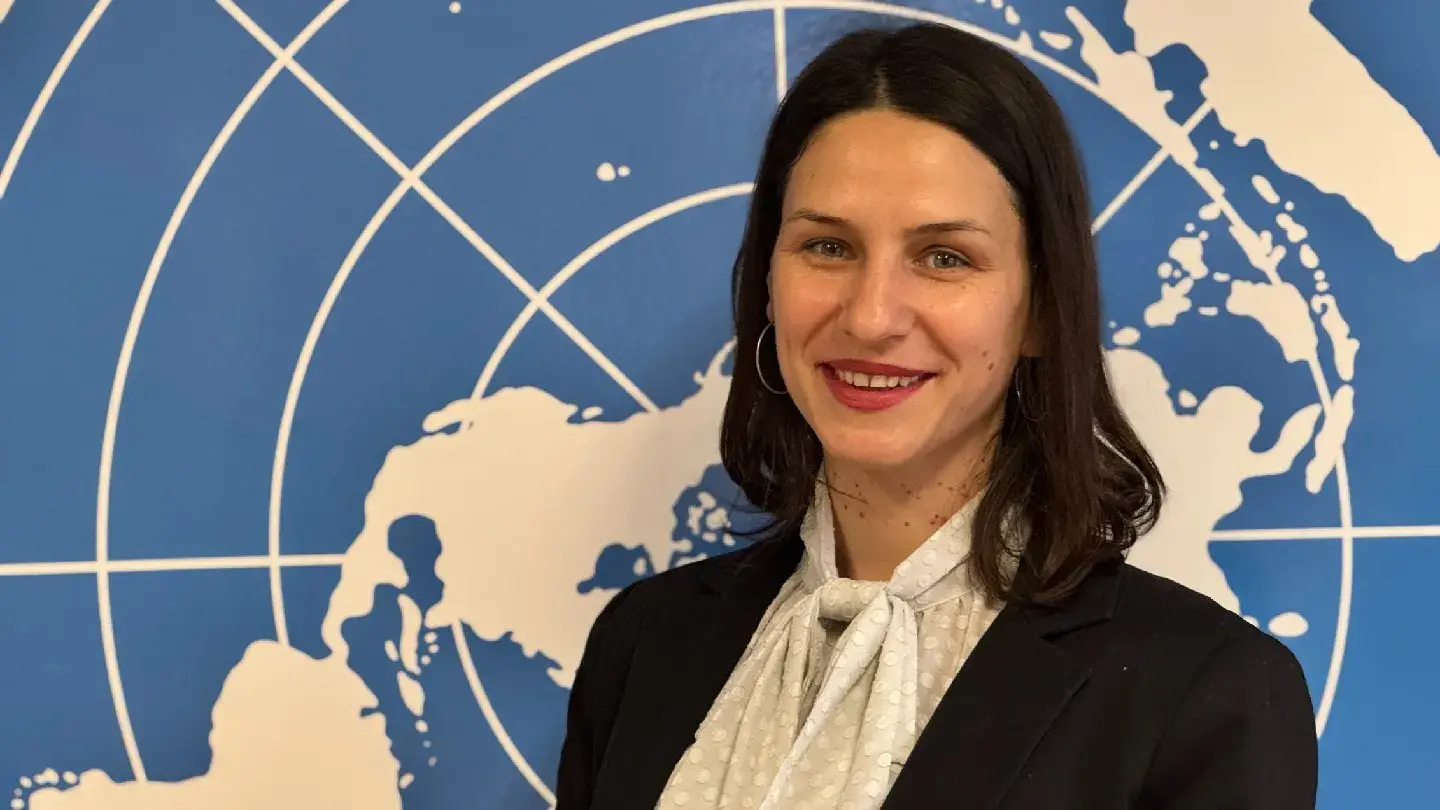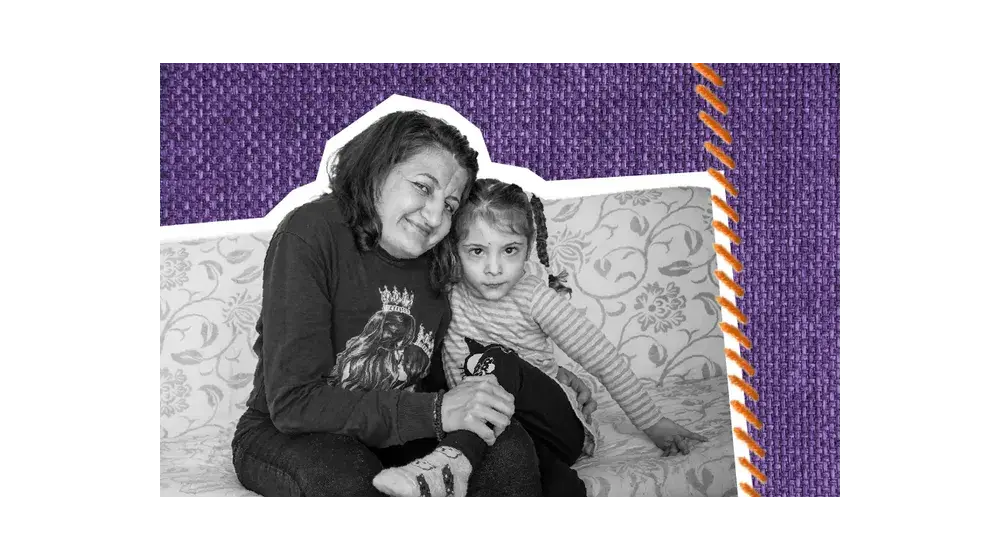A few months ago, the UNFPA mobile gynecological ambulances were established by the Gynecology Clinic in Skopje, North Macedonia, followed by a route through the country for free check-ups for early detection of cervical cancer for women and girls from remote areas.
Approximately, 150 women are diagnosed with cervical cancer every year in the country, and, in
„Since we are still in an era of pandemics, the limitation, i.e. the unavailability of sexual and reproductive health services
Over the last 3 months, more than 650 women from the remote areas were examined, out of which many have not had a checkup for over 5, 10, or even 15 years. Also, the clinics provide free gynecological services for sex workers.
So far, free gynecological check-ups for women have been offered in the 6 Municipalities: Sveti Nikole, Gradsko, Vrapchishte, Lozovo, Cheshinovo - Obleshevo. Among them, there were women who have not been examined for years. Some of them, given the findings, were instructed to make an additional evaluation or were sent to urgent intervention at the University Clinic of Gynecology and Obstetrics (UCGO).
The operation of the mobile ambulances is supported by the Ministry of Health and UNFPA
According to the doctors, despite having the screening programs, the reason for the high number of patients with cervical cancer is that about 40 percent of women do not have a family doctor-gynecologist or are not covered by these screenings and thus they ask for medical care rather late.
„
Also, around 7 tons of reproductive health kits, including medicines and equipment, medical masks and gloves, and other personal protective equipment, were delivered by the UNFPA to three hospitals across the country for the needs of mobile gynecological clinics.
In addition, in cooperation with the Ministry of Health, UNFPA has made information material available (more than 5000 flyers) that has been prepared in three languages (Macedonian, Albanian, and Roma), and distributed among local communities on various topics related to sexual and reproductive health of women and girls – safe motherhood, family planning, prevention of cervical cancer, GBV and the like.
The partner organizations have also been included in a campaign to raise awareness about the necessity of preventive screening and timely detection of cervical cancer. The campaign began in January, the month in which the fight against cervical cancer is honored, but it will continue throughout the year. So far, around 300.000 people have been reached through social media. A documentary video was published, and promoted on all national televisions as well as on the social networks, both in local languages, whereas messages were also presented on the importance of prevention. The campaign’s motto is „One check-up could save lives - Have a check-up, protect yourself “.




